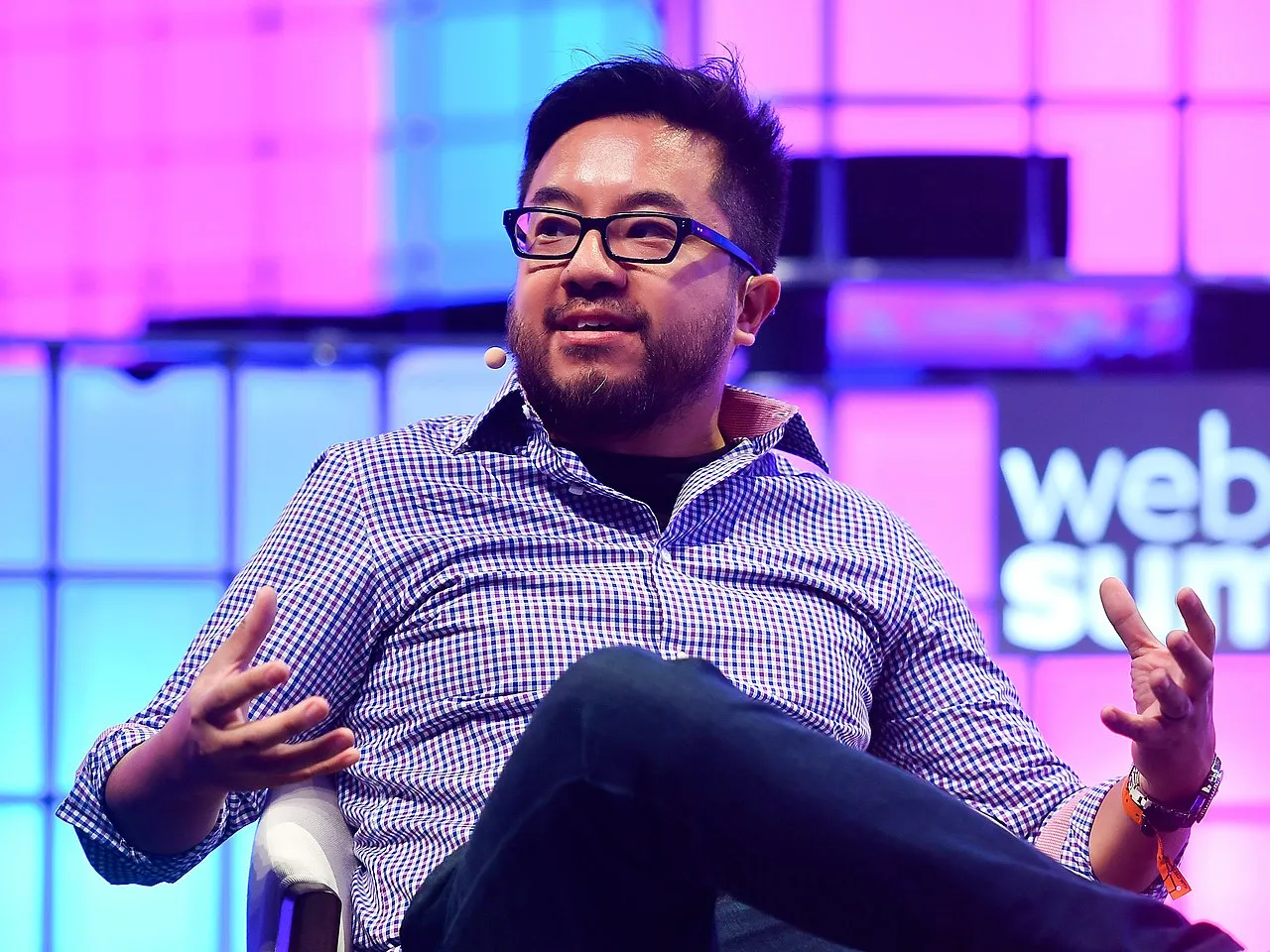Y Combinator's latest batch of startups is growing at an unprecedented pace, with the entire cohort achieving 10% week-over-week growth for nine straight months. CEO Garry Tan attributes this remarkable performance to artificial intelligence, according to CNBC. Silicon Valley's newest flex: having robots write your business plan.
At YC's annual demo day in San Francisco, Tan revealed that AI has fundamentally changed how early-stage companies operate. Startups can now automate repetitive tasks and generate code through "vibe coding" – letting AI models write software. For about 25% of current YC companies, AI wrote 95% of their code. Somewhere, a computer science professor is quietly weeping into their algorithms textbook.
This AI advantage means founders need fewer engineers. Companies are reaching $10 million in revenue with teams smaller than 10 people, stretching capital further. "You don't have to raise as much. The capital goes much longer," Tan explained to CNBC.
The growth-at-all-costs mindset has vanished, replaced by a focus on profitability. While tech giants implement layoffs, Tan sees opportunity. Engineers rejected by Google or Meta can now build standalone businesses worth millions with minimal staff.
About 80% of presenting companies were AI-focused, with robotics and semiconductor startups making up the remainder. Unlike previous cohorts riding on hype, these startups have proven commercial validation early. "If you're an investor at demo day, you'll be able to call a real customer, and that person will say, 'Yeah, we use the software every single day,'" Tan noted.
Y Combinator, founded in 2005, invests $500,000 in startups for equity. The accelerator has funded over 5,300 companies collectively worth more than $800 billion. Despite increasing competition from specialized incubators, Tan believes YC's broad network and flexibility give it an edge.
Why this matters:
- AI is democratizing startup creation, allowing small teams to build revenue-generating companies that previously required dozens of engineers
- Silicon Valley's power dynamics are shifting as talented engineers bypass big tech to launch their own ventures, potentially creating a new wave of innovation or at least some entertaining startup failure stories
Read on, my dear:
CNBC: Y Combinator startups are fastest growing, most profitable in fund history because of AI










